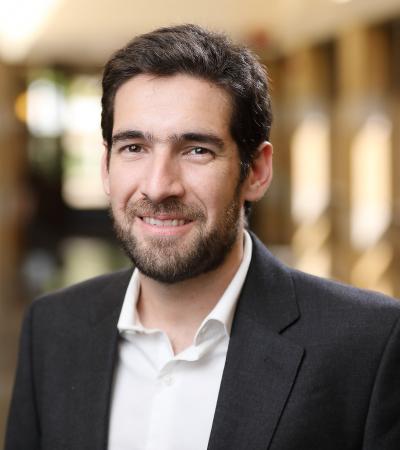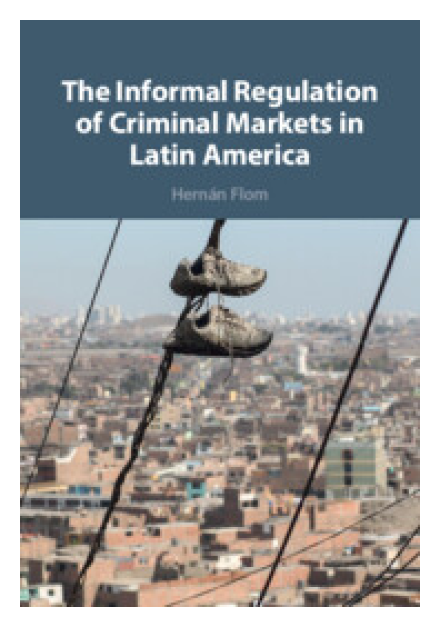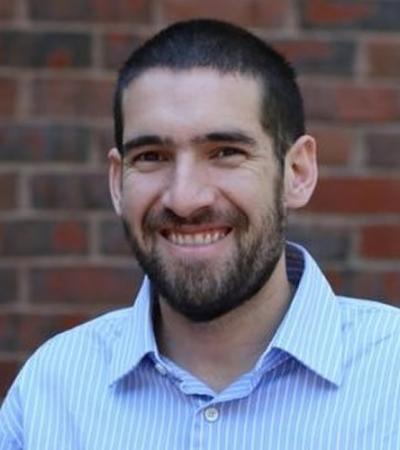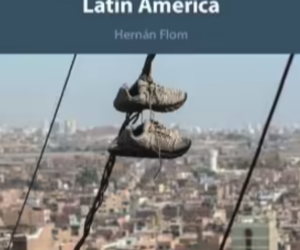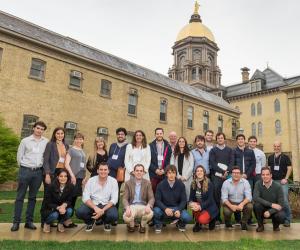This profile was current as of 2017, when he was part of the on-campus Kellogg community.
Hernán Flom (PhD, University of California, Berkeley) is a Kellogg visiting fellow for the 2016–17 academic year. A political scientist, he studies how state actors regulate organized crime, informal arrangements between the state and criminal actors, and such arrangements’ consequences for order, violence, and democracy.
At Kellogg, Flom will work on a book manuscript, “The Politics of Organized Crime Regulation in Latin America.” Based on extensive fieldwork in Argentina and Brazil, including close to 200 interviews, it focuses on why and how state actors—particularly politicians and the previously little-studied police—confront, negotiate with, or extract rents from drug traffickers in Latin American cities. In spite of national drug control legislation, he finds significant variation in drug enforcement at the subnational level.
Flom also explores local-level politics of security and the often-illicit nexus between police and politicians. He will also work on a project to explain how state actors influence whether criminal organizations survive or perish.
Flom is the author most recently of “Blame Avoidance and Policy Stability in Developing Democracies: The Politics of Public Security in Buenos Aires” (with Alison Post), Comparative Politics (forthcoming October 2016).
Born and raised in Argentina, he worked as a consultant for the Organization of American States and the Centro de Investigación Docencia Económicas (CIDE) before attending graduate school. He continues to consult on security projects for the Inter-American Development Bank.
Methodology & Formal Theory
The Politics of Organized Crime Regulation in Latin America
Selected Publications
Academic Year 2016-2017 : The Politics of Organized Crime Regulation in Latin America






